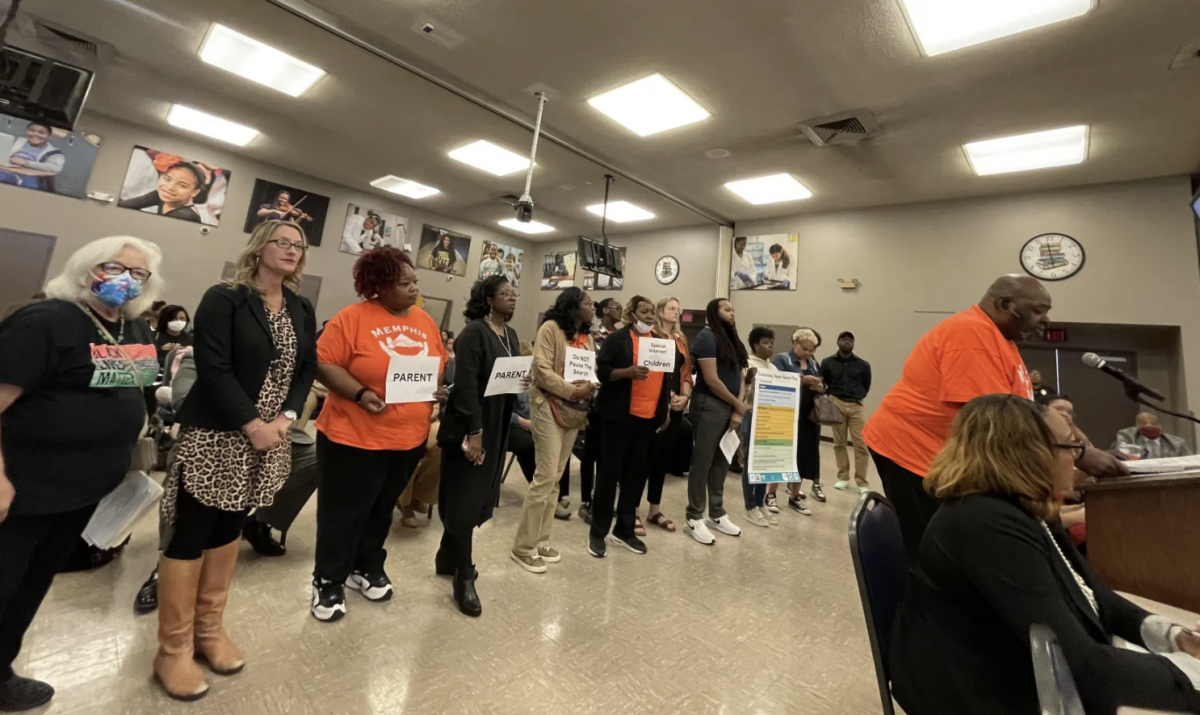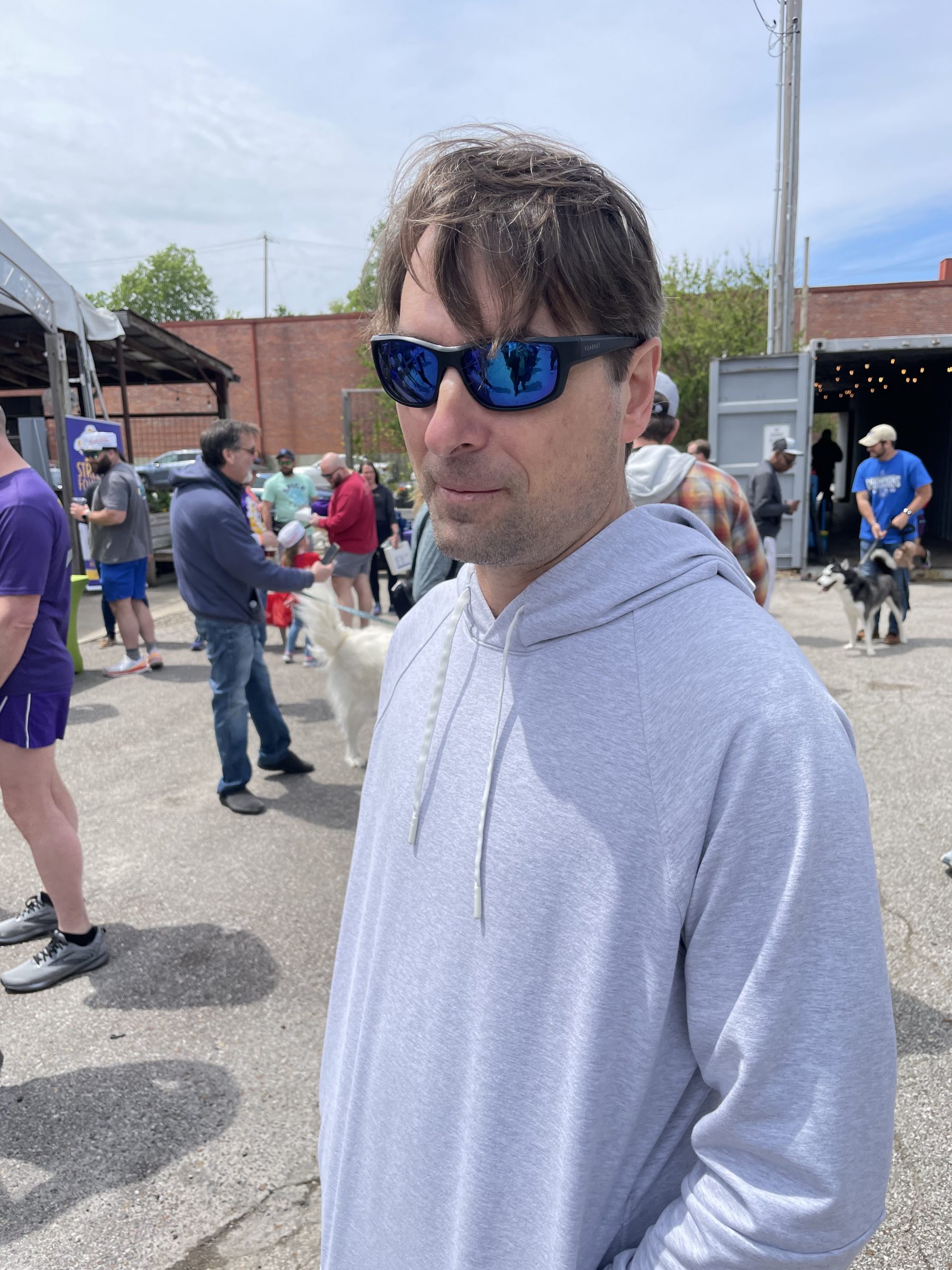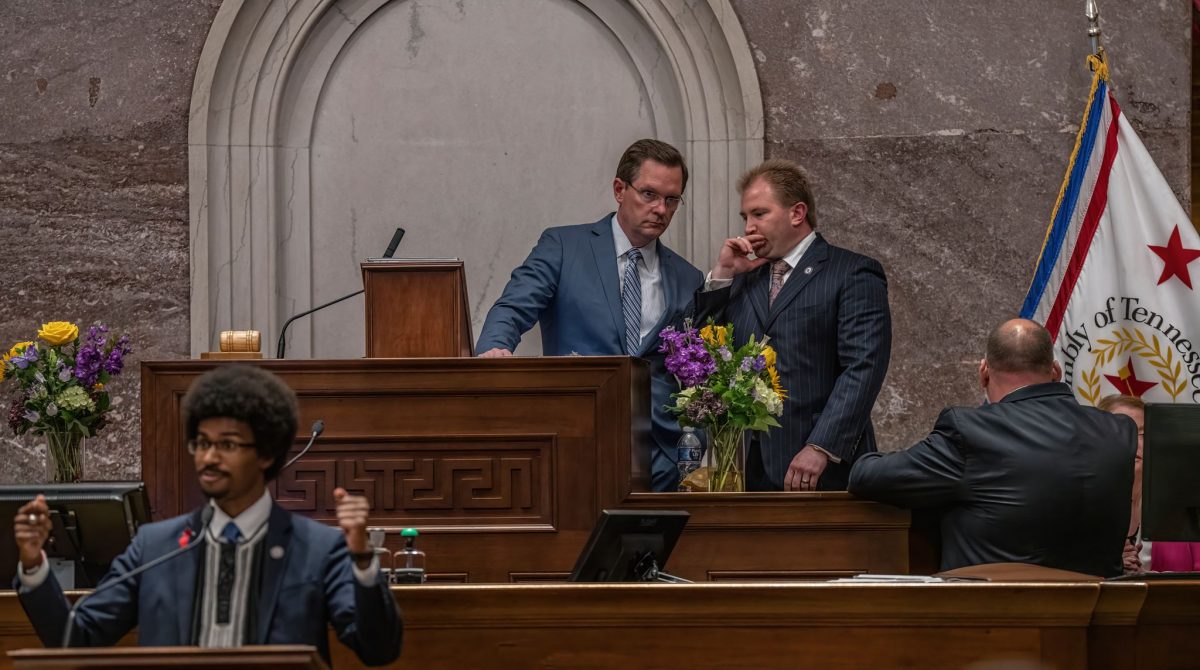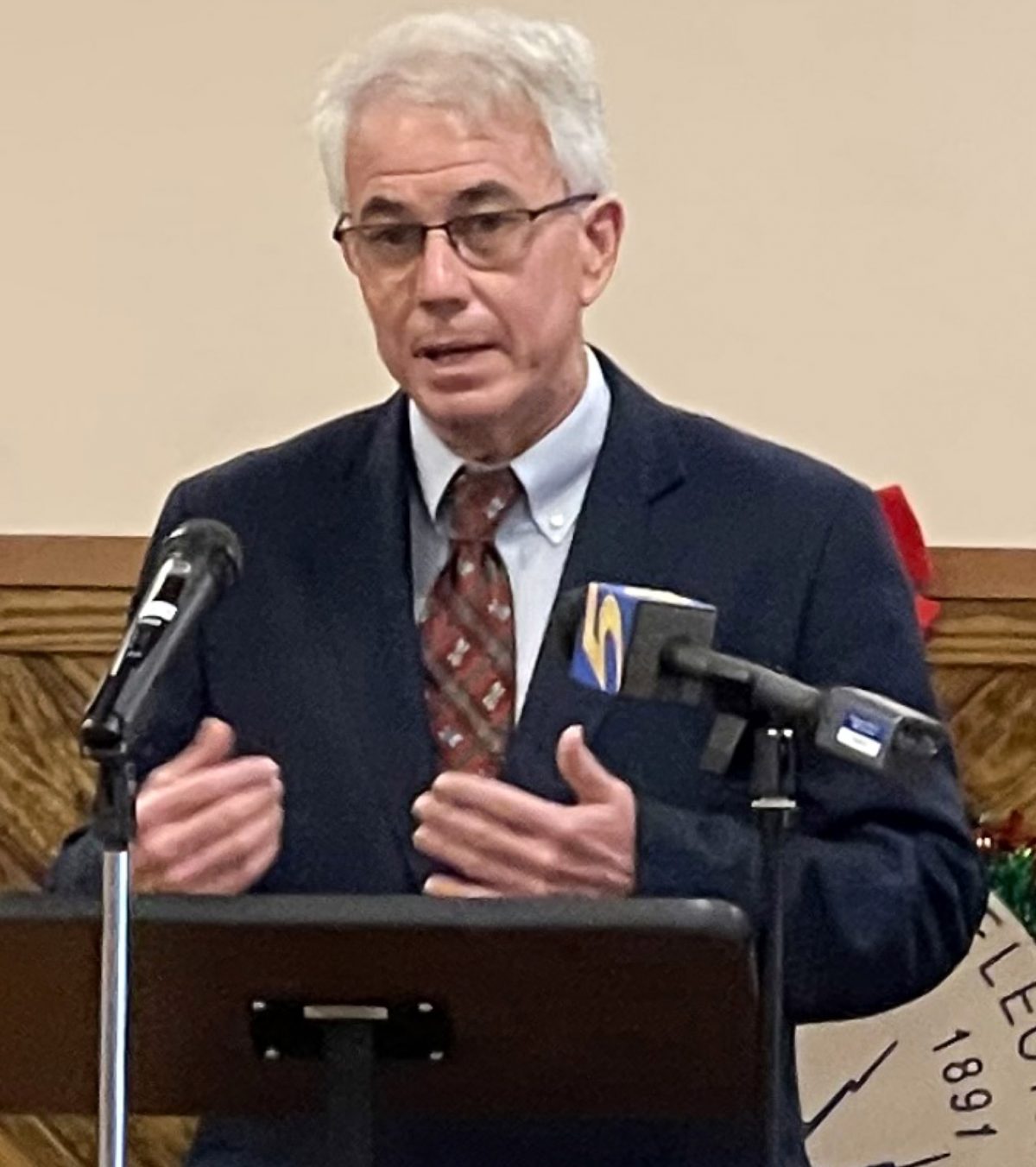Here’s something of an ode to the South, my home for 30 years now. It’s called “Red States.” Enjoy.
Red States, where the state amphibian is the gerrymander; where the GOP supermajorities rule with a closed fist and minorities have no voice; where legislators are mostly rural, ignorant, and mean; where the governors are small men with small intellects and smaller hearts.
Red States, where Confederate flags still fly; where racism — subtle and blatant — still lives; and where its long, ugly history isn’t allowed to be taught in school.
Red States, where LGBTQ rights are threatened; where drag queens are vilified; where you can’t say gay (or gender) in school; where hateful ignorance (and lustful hypocrisy) comes dressed in the cheap suit of a rural preacher.
Red States, where books are banned; where libraries get unfunded; where public schools are starved and tax dollars go to private academies; where college students are urged to report their professors for thought crimes.
Red States, where abortion is murder; where forced pregnancy is the law; where doctors, hospitals, insurance companies, and pharmacies must conform to a religious doctrine; where 10-year-old rape victims must carry their rapist’s baby to term.
Red States, where more people live in poverty; where salaries are lower; where hunger is more common; where more housing is substandard; where homelessness is rampant.
Red States, where voting is harder; where precincts are fewer in poor neighborhoods; where students have to jump through hoops to register; where you can’t offer rides to the polls or a cup of water to those waiting in line.
Red States, where hospitals are dying from a lack of funds because Obamacare was named for a Black man; where health insurance isn’t for everyone; where alcohol, drugs, and cigarettes kill more people; where the infant mortality rate is high and getting higher; where life expectancy is low and getting lower.
Red States, where guns are sacred totems untouchable by the laws of man; where you can buy a pistol in 10 minutes and walk out with it strapped to your body; where innocent people are slaughtered; where the shrieks from grieving families go unheard; where mass shootings by disturbed humans carrying weapons of war are a necessary sacrifice, an offering that must be made to the Holy Church of the NRA, blessed be thy name. …
Oh Lord. Amen.
I’m so sick of this shit, so sick to death of what is happening in our so-called red states. And I’m particularly angry — and sad — about how this hateful cabal is slow-murdering the American South, turning it into a one-party banana republic and rolling back the calendar to the 1950s for all who dare to color outside the lines.
Not all red states are Southern, but all Southern states are red (with the possible shaky exception of Georgia). And those of us living here are experiencing what the entire U.S. would look like under unbridled GOP rule. Yes, we reside in a “blue” city, but you have only to look 180 miles to the east, to Nashville, where now-unchecked GOP legislators are trying to take over the airport authority, and where they attempted to reduce the number of members of the Nashville Metro Council because it voted to reject holding the Republican National Convention there. And if these bozos are jacking with Nashville, just imagine what mischief they could do in Memphis — a city they already hate because we have the nerve to be majority Black. (Not to mention, that uppity Justin Pearson comes from here.)
So is there any hope of changing any of this? Yes. Tennessee, for example, was a blue state until a decade or so ago. We can hope that the gun-reform furor that erupted in the wake of The Covenant School shootings will sustain, here and elsewhere. We can hope the pro-choice vote that has swung elections around the country in the past few months will turn out in 2024. And we can hope that at some point the South will rise again. Only better.
I’m reminded of a closing line from Abraham Lincoln’s second Inaugural speech, given as the bloody Civil War was staggering to a finish. It summed up his hopes for his divided country: “With malice toward none,” he urged, “with charity for all.” Amen to that. Amen, amen.
























